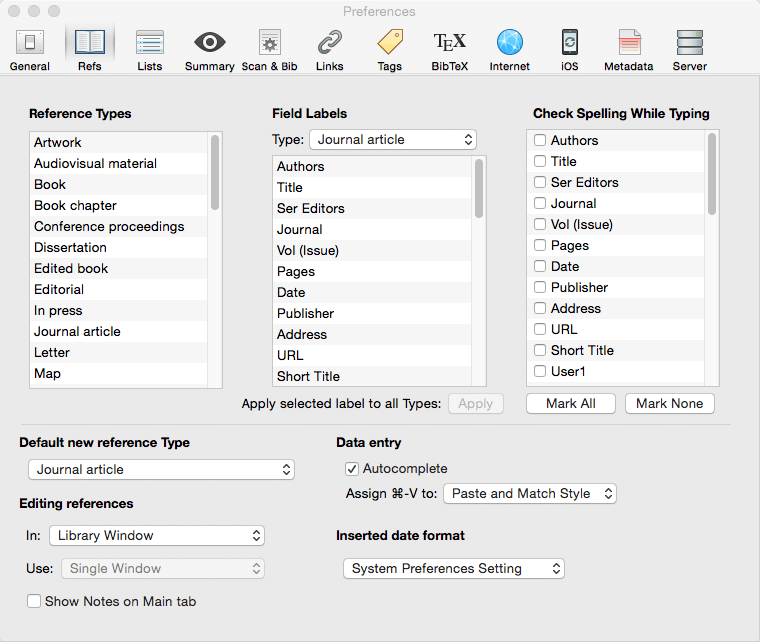
So for the submission/publishing part you may need to bite the bullet and work with Word or LibreOffice for a while. I have been told that LibreOffice may work quite well for that if you want to avoid Word altogether, but I have not done that myself. Though a lot of publishers communicate manuscript changes through track changes with Word.

With preview, so you know what you get beforehand. They almost all export to HTML (for web publishing, where markdown originated), PDF, and a lot do e-book formats. Some include a spellchecker, a lot have word counters, and all have converters build in to export. Each has its own quirks and specialties, but they all have the same basic markdown, so file transfer between them is a breeze (except for the specialist additions some of them have). There are a ton of markdown editors out there that do almost all whatever you want them to do. I like markdown a lot, too, because of its simplicity. That said, I understand why you want to avoid that. But in both cases you could reconstruct the actual text with no more complex tool than a plain old simple text editor. rtf in that the text as such (without the formatting) is still mainly as plain text in there. LibreOffice uses XML, which is similar to. And not all word processor use binary formats.

rtf is not a binary format it is, essentially, plain text with complex formatting codes, but those are still somewhat human readable.


 0 kommentar(er)
0 kommentar(er)
